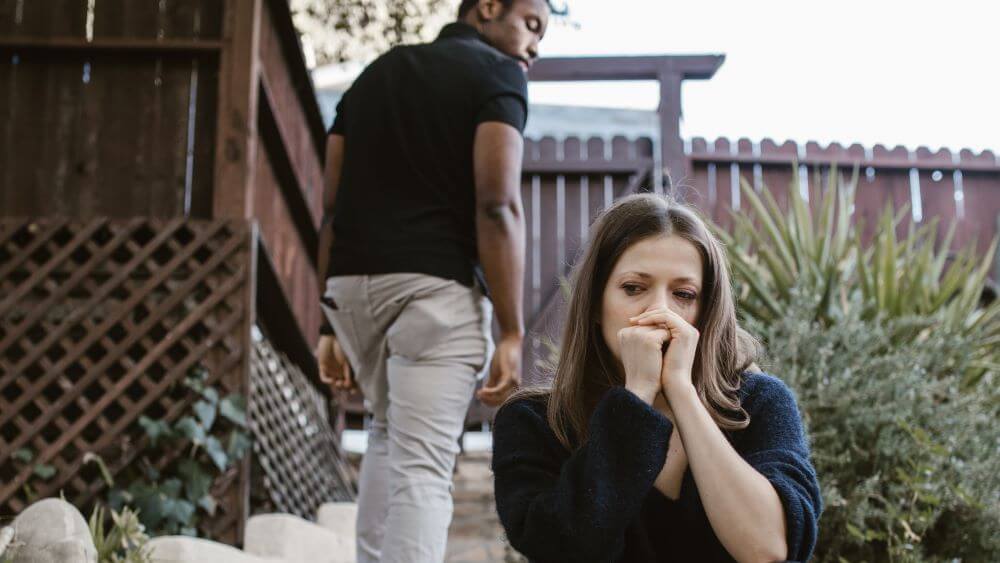
Ending a Common-Law Relationship? Here’s What You Need to Know
Living together without getting married doesn’t make a relationship any less valid, and those relationships experience the same issues and roadblocks that legally married couples do. Those relationships can also come to an end – even after years together. The process for ending a common-law relationship is not exactly the same as going through a divorce, but there are some important things you’ll need to know.
Division of property
Common-law couples will often purchase property for their family or even secondary properties like a cottage or vacation home. When it comes to married couples, the law dictates that equal division of property happens during a divorce.
For common-law couples, this law does not apply. In this case, each partner is entitled to exactly what they brought into the relationship and acquired during the time of the relationship.
For example, if the house they lived in was purchased by one person, then it is their house, or if both purchased it, it belongs to both. There will need to be an agreement about who will retain ownership of it or if the property will be sold and proceeds split.
Related: Property Rights in Ontario Common Law Marriage
The family home
So, what happens if one spouse bought the house the family lived in, or one spouse moved into another’s existing home? Are there any options for that, especially if young children are involved?
While one spouse may be the legal owner of the house, it’s not recommended that this spouse kick out the other spouse. In some cases, the courts do not look at this kindly, which could affect spousal support or the settlement outcome.
If you are in fear for your safety or your child’s safety, you may have no other options other than to remove your spouse from your home. If this is the case, you should talk to your lawyer and also contact the appropriate authorities so that you are not alone in the house when asking your spouse to leave.
Spousal and child support
For common-law couples who have lived together for three years or more, or for those couples who have children (either together or adopted), there could be spousal or child support involved in the separation.
For relationships that meet this criteria, a spouse may be entitled to support, or child support may need to be paid. The amounts for this will be determined by the lawyers involved.
They will also look at a parenting schedule as well. Access to a child (or children) is not defined by legal marriage – parents who want to be involved in their child’s life are imperative. The parenting-time agreement will be dependent on the parents (full, split, etc.) and what they can agree to.
Related: Ontario Common Law Guide: Property Rights, Child Support Obligations and more
Contact Fine and Associates today
Common-law relationships, while day to day may be exactly like a legal marriage in most respects, are actually different in terms of dissolving them when they come to an end. Working with a good family lawyer will help to ensure that your rights are protected should you find yourself in this situation.
To speak to one of our family lawyers, schedule a free consultation.
